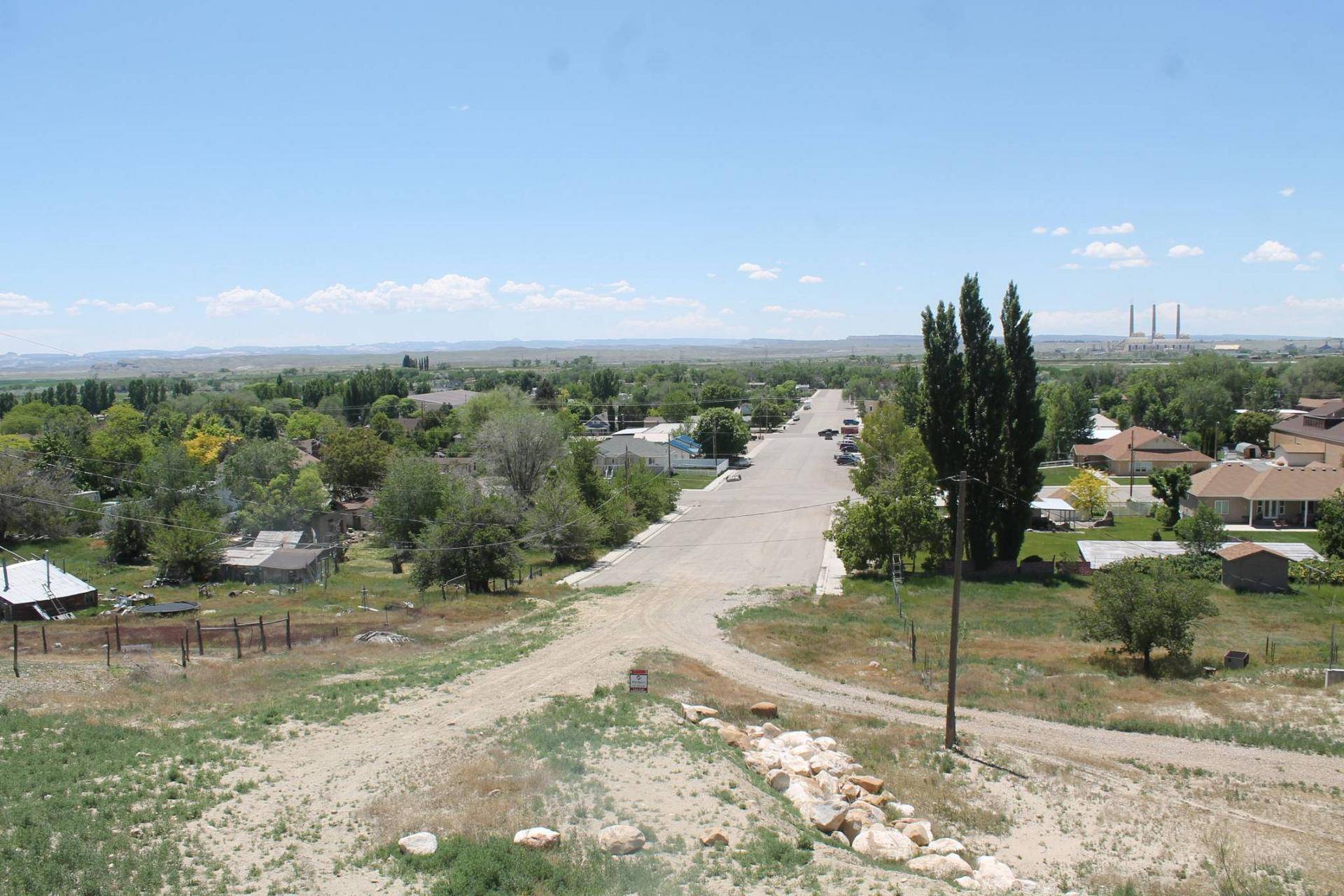By Julie Johansen
The Emery County Business Chamber met last week to discuss affordable housing issues in the Emery County area. Chairman Ethan Migliori explained that affordable housing just means housing that the average working person can afford.
The invited guest was Marc Stilson, Regional Water Engineer for Southeastern Utah. Migliori explained that the goal was to understand water issues, not attack any irrigation company. Also present at the meeting were Jay Mark Humphrey from the Emery Water Conservancy District and Mike McCandless from North Emery Water Users, elected officials from the county and municipalities, and representatives from the Association of Government (AOG).
Stilson began by explaining how various communities obtain water for development differs widely across the State of Utah. Communities in Carbon, Emery, Grand and San Juan counties all have different ways in which they have obtained water for residential use. He explained the difference between how water is sometimes obtained by municipalities by purchasing shares in irrigation companies, such as in Carbon and Emery counties, which hold the earliest water rights (late 1870’s) from surface streams, compared with municipalities in Grand County that have water rights obtained by application to the state engineer’s office in the early 1950’s and 60’s.
The main question of the meeting was how can cities or individuals obtain needed water to build new homes or businesses. Each city or county is different in the requirements to obtain a building permit.
Stilson explained that generally, the only way to acquire water in fully appropriated areas is to lease it or purchase it from existing water users. The local irrigation companies in Emery County own the majority of water rights from surface streams. Each irrigation company sets the volume of water each share is worth in any given year by how much snowfall has accumulated in the watershed. There are direct flow rights and storage rights. In drought years, the water allocations may be cut by anywhere from 10% to 75% depending on the severity of the drought.
The Division of Drinking Water requires public water suppliers to maintain a reserve quantity of water to meet demand in case of shortages or emergencies. Many public water suppliers also employ a strategy to purchase more shares than they would need in a normal water year in order to have enough water in a drought year when the volume of water each share is worth is cut back by the irrigation companies.
McCandless explained that they require four shares of water from individuals who would like to connect to their system for exactly that reason and related that on one particularly bad drought year, they would have run out of water if they would not have the volume of reserve water acquired by this strategy. In good water years, they lease the surplus water back to the agricultural users.
Water is a very complex issue and all of the participants at the meeting agreed that it takes water for communities to grow. Communities can be proactive in acquiring water or reactive by requiring individuals to acquire water when they want to build.
Castle Dale City Mayor Danny Van Wagoner and Orangeville City Mayor David Robertson explained that their respective cities own shares but also have a private water contract with the Cottonwood Creek Consolidated Irrigation Company that may prohibit them from purchasing additional water shares.
Stilson suggested that they review their existing contracts and determine what they may need to do in the future to provide for additional growth. Mayor Robertson related that individuals can lease water, but only for one year and then they need to acquire shares and turn them over to the city in order to build.
Representatives from the AOG announced that they are constructing a subdivision in Carbon County with funds from a grant and would like to eventually consider one in Emery County.
The meeting was closed with the announcement next month’s meeting would be on Dec. 18. A visiting contractor from up north will be the guest speaker.

